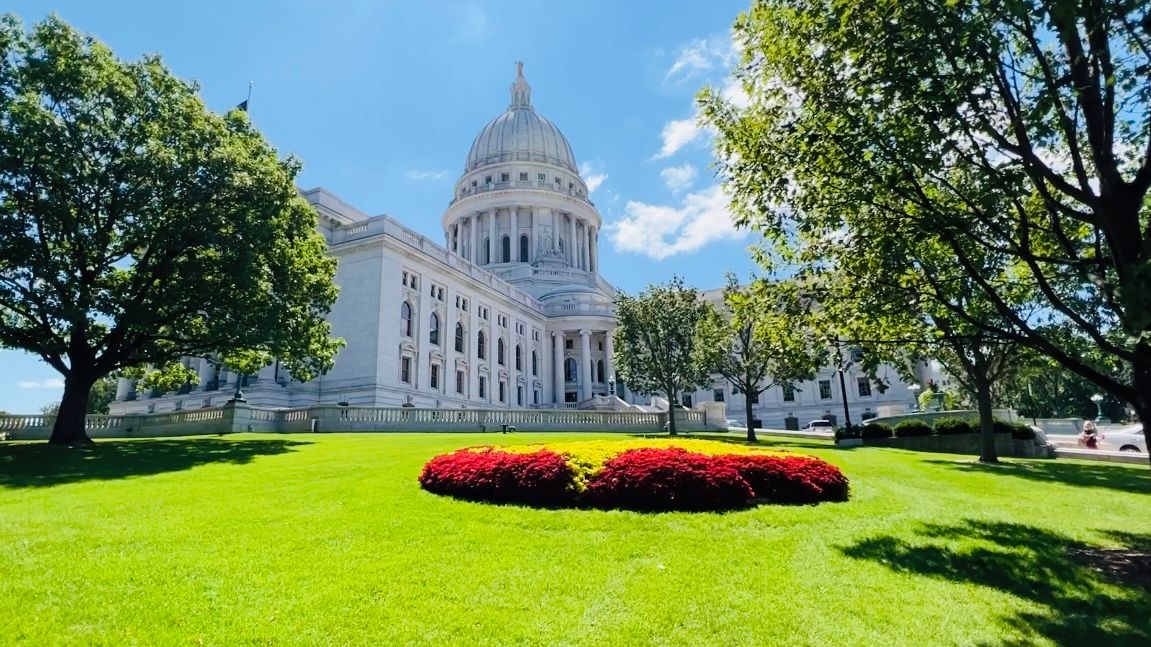MADISON, Wis. (AP) — Wisconsin residents looking for work would receive fewer unemployment benefits and face stricter qualification requirements under a package of Republican-authored bills passed on party-line votes Tuesday in the Assembly.
The seven measures follow a statewide April election in which more than three-quarters of voters supported a nonbinding ballot question saying they believe able-bodied adults should have to look for work to receive government assistance.
Democratic Gov. Tony Evers vetoed nearly identical legislation in his first term, and it’s likely he will do the same this time around if the Republican-controlled Senate passes the measures.
Republican Assembly Speaker Robin Vos cited the results of the April vote to argue that Evers should sign the bills this time.
“I heard Gov. Evers in his inaugural address where he said ‘the will of the people should be the law of the land,’” Vos said. “Well, here’s a prime example. Hopefully he’s changed his mind.”
Reached by email and by phone, Britt Cudaback, a spokesperson for the governor, had no immediate comment on that assertion.
Assembly Democrats told reporters Tuesday that most Wisconsin residents are working, and if Republicans want to help fill job openings they should bolster state aid for child care, make housing more affordable and expand public transit. The state’s unemployment rate stood at 2.5% in March, according to the U.S. Bureau of Labor Statistics.
“The best thing we as a Legislature can do is thank (people) for their work and pass policies to support them, not harm them,” said Rep. Katrina Shankland, a Stevens Point Democrat.
Unemployment recipients in Wisconsin already must perform four work-search activities each week. Under the seven bills passed Tuesday, employers would be able to report recipients who decline or don’t show up to an interview. People who have been reported multiple times and don’t have good reasons for declining or missing interviews could have their benefits rescinded.
Other proposals in the package would enact stricter identity verification checks for unemployment benefits, prohibit local governments from using taxpayer money to create guaranteed income programs and require the Department of Health Services to review every six months the eligibility of people participating in Medicaid programs reserved for low-income people, family caretakers and pregnant women.
Lawmakers did not vote on an eighth measure scheduled for consideration Tuesday that would tie the number of weeks someone can receive unemployment benefits to the statewide unemployment rate. With current rates under 3%, the bill would limit recipients to 14 weeks of benefits. The existing standard of 26 weeks of benefits would only apply if rates rise above 9%, which hasn’t happened since the 2008 financial crisis.
Major conservative business lobbyists including the National Federation of Independent Business and Opportunity Solutions Project have endorsed many of the bills, while local unions and the state League of Women Voters oppose them.



